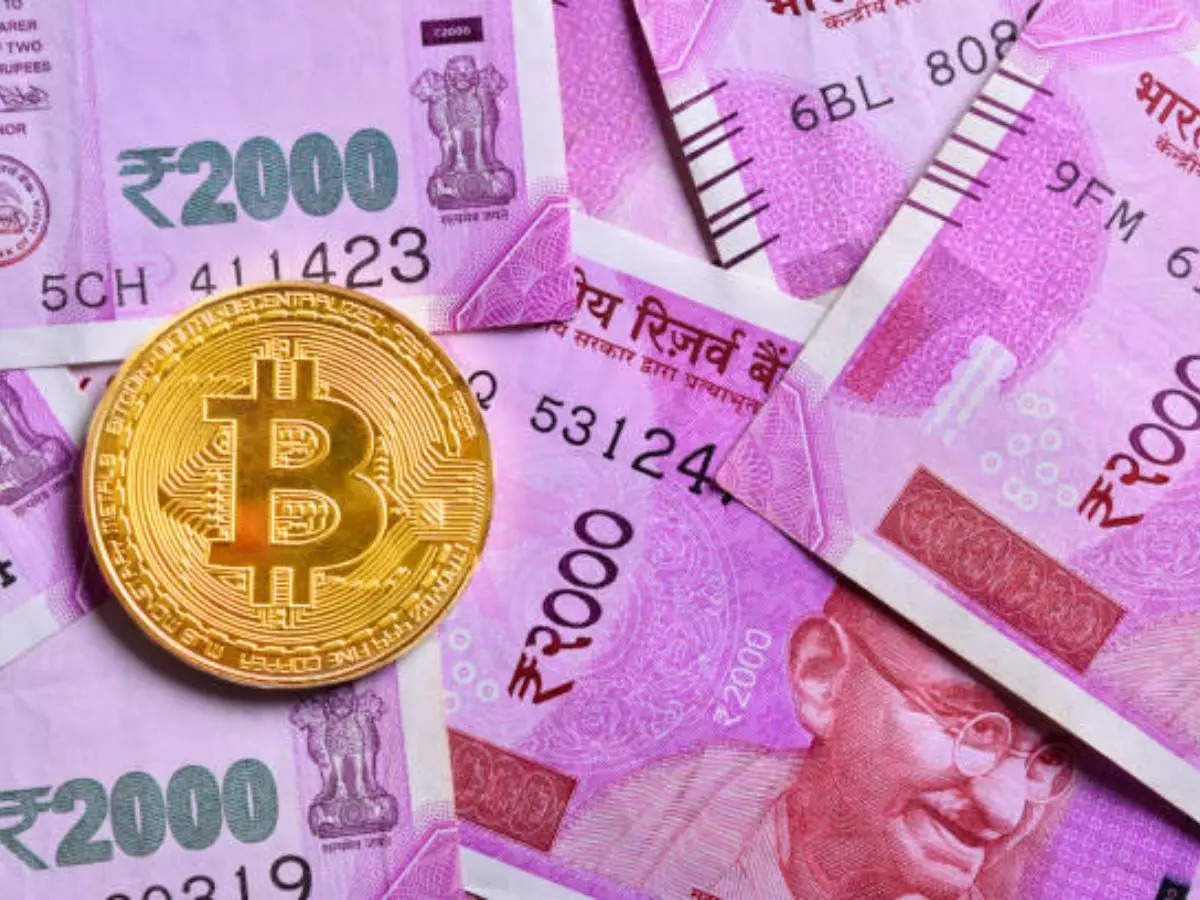
- Environmental concerns around
Bitcoin have been well documented, but it is still the most valuablecrypto token in the world. - China has been testing a digital yuan for over a year now.
- Central Banks in India and the US are also exploring CBDCs.
Even as Bitcoin faces concerns about its viability as an environmentally sound cryptocurrency, a new report by
According to the
report, titled State-Sponsored Cryptocurrency, CBDCs will require a redesign of the traditional monetary ecosystem. And Bitcoin can help in five key areas — speed, security, efficiency, cross-border payments, and collaboration with other participants.
What would happen if we combined the best attributes of the technology of cryptocurrencies with the features of an established fiat currency under the sponsorship of a central bank? The result very well may just be a new method of handling payments that would revolutionize the current system. With the potential to reduce costs, reduce errors, speed the transfer of money, balance privacy with anonymity, and do it without the day-to-day operational need for a centralized organization, whether commercial or federal, the result could truly be transformational.
Except from Deloitte 2022 Report “State-sponsored cryptocurrency
The report also points out that the first government that rolls out a
Which countries are working on CBDCs?
So far, most central banks haven’t mentioned Bitcoin when it comes to issuing CBDCs. Currently, countries like India, the United States (US) and some others have been exploring the possibility of issuing CBDCs.
India’s Finance Minister,
speech in July last year.
Yesterday, the government also clarified that the RBI will not be issuing its cryptocurrencies. In a written
reply at the Parliament, Minister of State (MoS) for Finance, Pankaj Chaudhary said, “RBI does not issue a cryptocurrency. Traditional paper currency is a legal tender and is issued by RBI in terms of provisions of the RBI Act, 1994. A digital version of traditional paper currency is called CBDC.”
In fact, on February 10, the Economic Times
reported that the RBI’s upcoming CBDC may not be based on blockchain technologies at all.
On March 9, US President Joe Biden also issued a historic executive order that directed the Federal Bank to explore the possibility of issuing CBDCs. Biden’s order also noted that impact cryptocurrencies have on the environment, and called for “responsible development, design, and implementation” of cryptocurrency.
To be sure, Bitcoin isn’t the only crypto to have faced such concerns. The premier cryptocurrency is based on a system of mining called ‘proof-of-work (POW)’, under which every miner is rewarded for being part of the system, and in turn, raises the overall electricity requirements. Any cryptocurrency that has a large enough following and is based on the system could be under the radar of regulators.
According to the Cambridge Bitcoin Electricity Consumption Index, Bitcoin consumes over 132 TWh of power every year, which is higher than many small countries. Earlier this week, the European Parliament voted against a ban on POW cryptos, though regulations around the use and mining of cryptocurrencies are still expected.
India and the US aren’t the ones leading the charge though. That honour falls to China, which has already created a digital yuan and has been running pilot processes for over a year. The People’s Bank of China deployed a task force for the digital yuan as early as 2014 and conducted its first trial in 2020.
The Swedish Riksbank, which is the oldest bank in the world, also began its CBDC project in 2017. The pilot for this took place in 2020 and was extended to February this year. Sweden’s CBDC is called e-krona right now.
Smaller nations like the Bahamas have also issued CBDCs, called the Sand Dollar.
SEE ALSO:
Meta’s Mark Zuckerberg says Instagram to add NFTs soon
Paper manufacturing company stocks are in big demand since last couple of days and here’s why
This news is republished from another source. You can check the original article here



